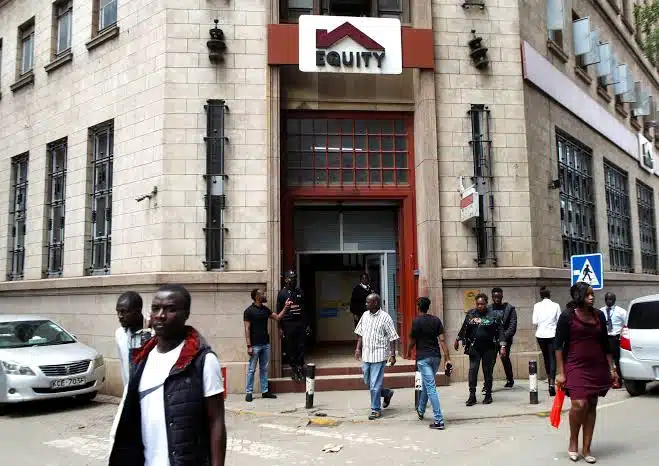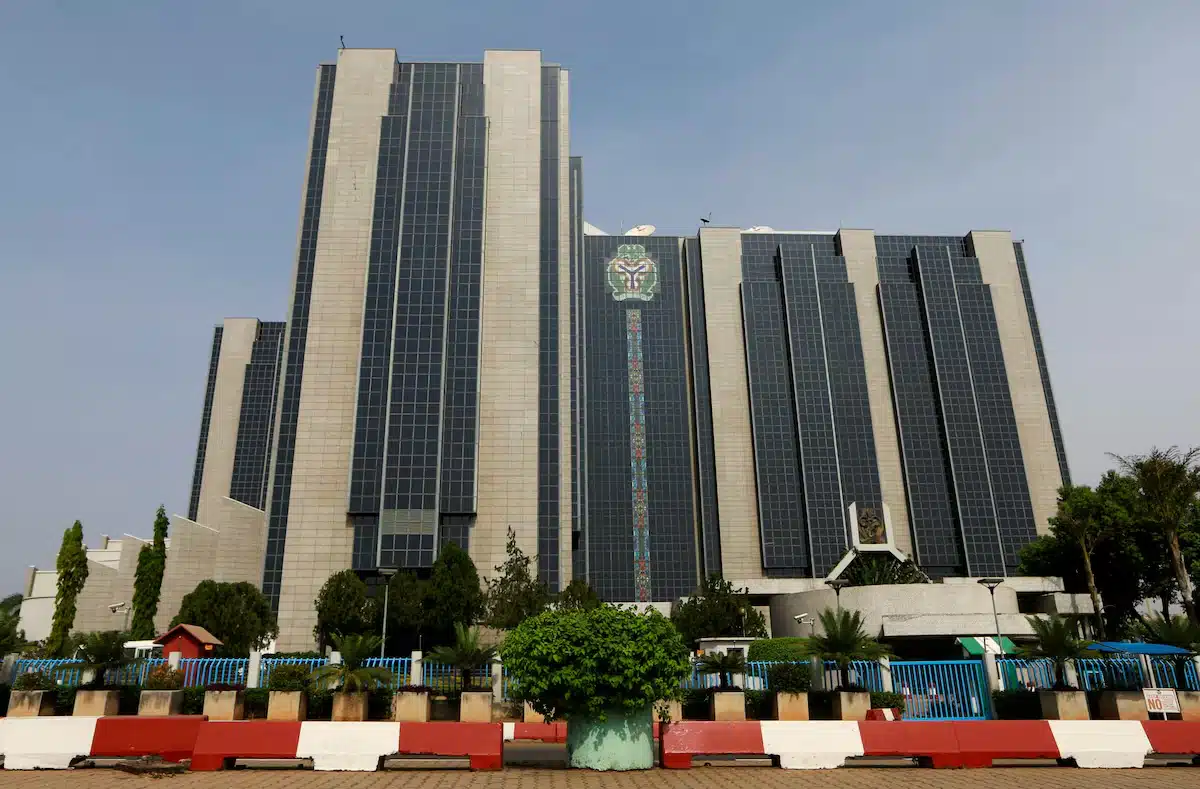Union Bank of Nigeria Plc, one of the country’s oldest financial institutions, has completed its long-awaited merger with Titan Trust Bank (TTB), consolidating both entities under the Union Bank brand.
The deal, announced on Sunday by Olufumilola Aluko, Union Bank’s Head of Brand and Marketing, concludes a process that began in December 2021 when TTB—promoted by former Central Bank Deputy Governor, Tunde Lemo—acquired an 89.4% majority stake in Union Bank through a share sale agreement.
Union Bank was delisted from the Nigerian Exchange Limited in 2023 after 52 years as a publicly traded company. With regulatory approvals from the CBN now secured, the merger formally absorbs TTB’s operations and assets into Union Bank, with Titan Trust ceasing to exist as a standalone entity.
As part of the integration, all TTB branches, ATMs, customer accounts, and digital platforms have been rebranded under Union Bank, expanding its nationwide footprint to 293 service centres, 937 ATMs, and more than 7.3 million customers—making it one of Nigeria’s largest retail and commercial banks by branch presence and customer base.
“This merger marks a pivotal moment in our 108-year journey and serves as a launchpad for delivering greater value to our customers,” said Yetunde Oni, Managing Director and CEO of Union Bank. “By blending stability with innovation, we are better positioned to meet the evolving needs of Nigerians and to be their most trusted financial partner.”
Bayo Adeleke, Union Bank’s Chairman, added that the transaction reflects a broader strategy to consolidate the strengths of both institutions, creating long-term value for customers, shareholders, and communities, while advancing Nigeria’s financial inclusion agenda.
The bank assured customers that account details remain unchanged and services will continue seamlessly, with a renewed focus on digital banking solutions.
Founded in 2018, Titan Trust Bank commenced operations in April 2019 after securing a national banking licence—the first new commercial banking licence issued by the CBN in over a decade.
Its business model was focused on the retail mass market, SMEs, and corporate clients, making it a fast-rising player in Nigeria’s banking sector before the merger.











